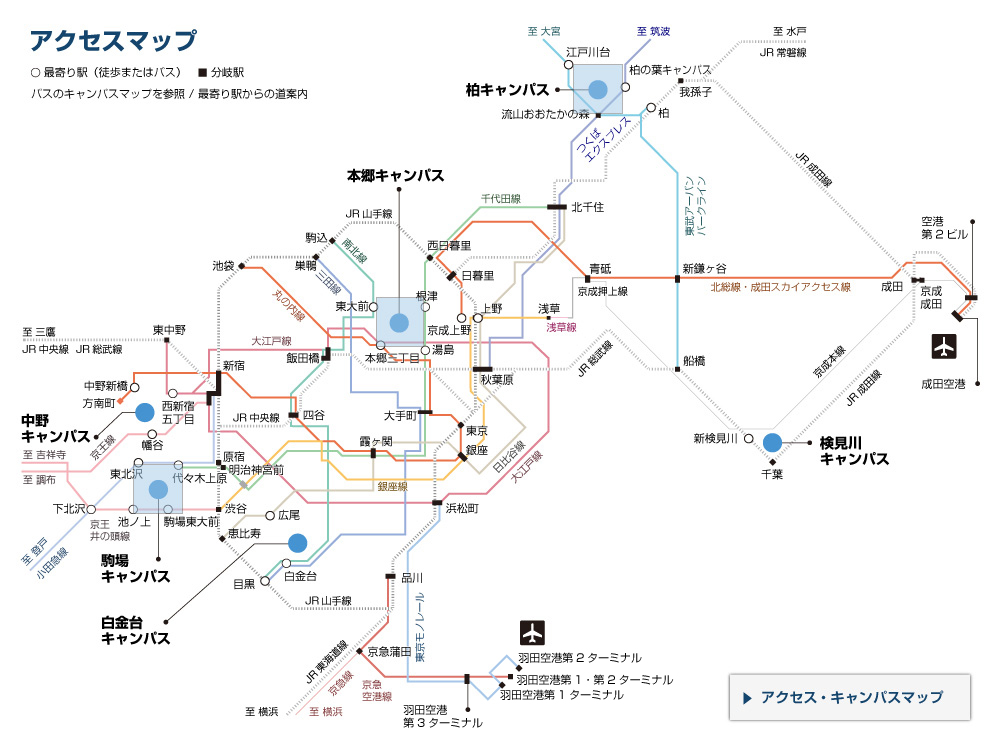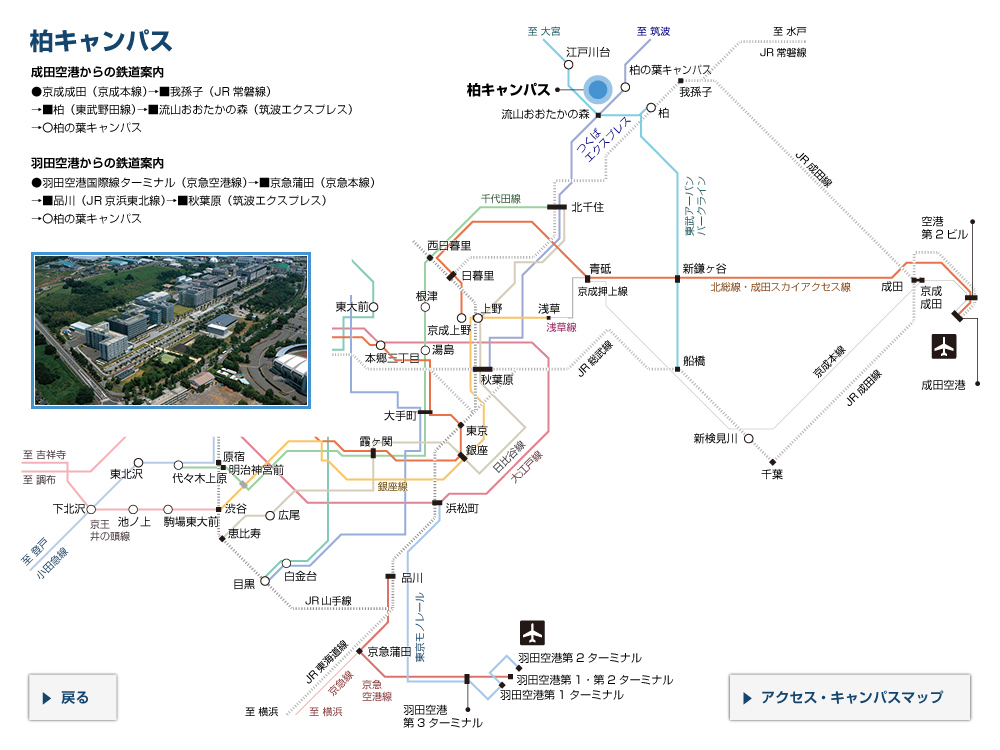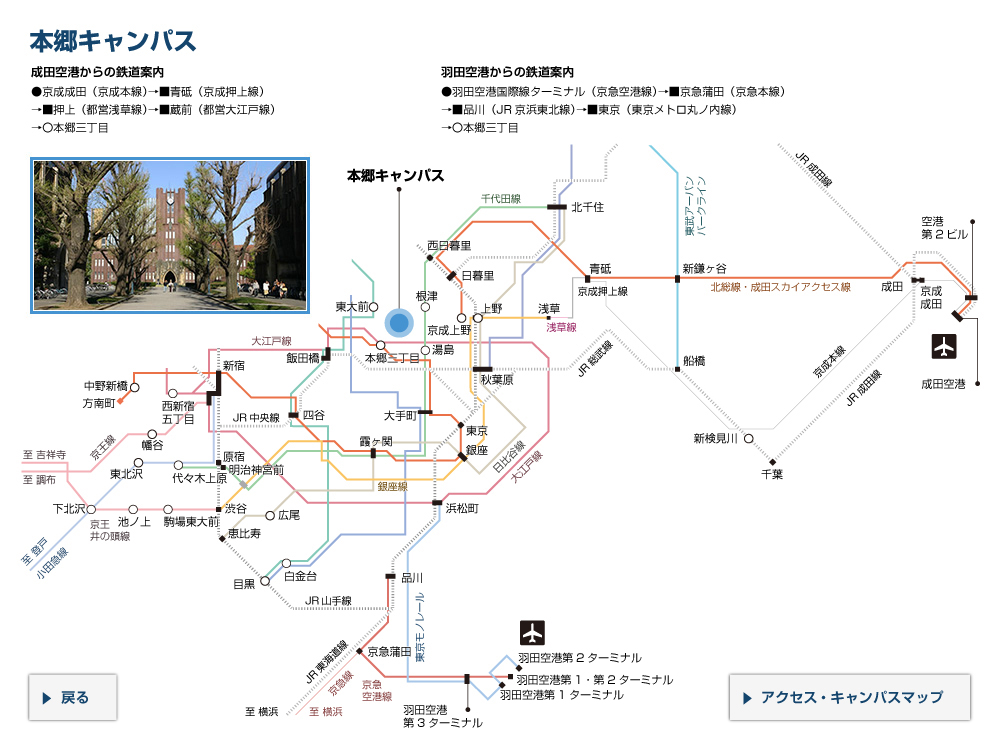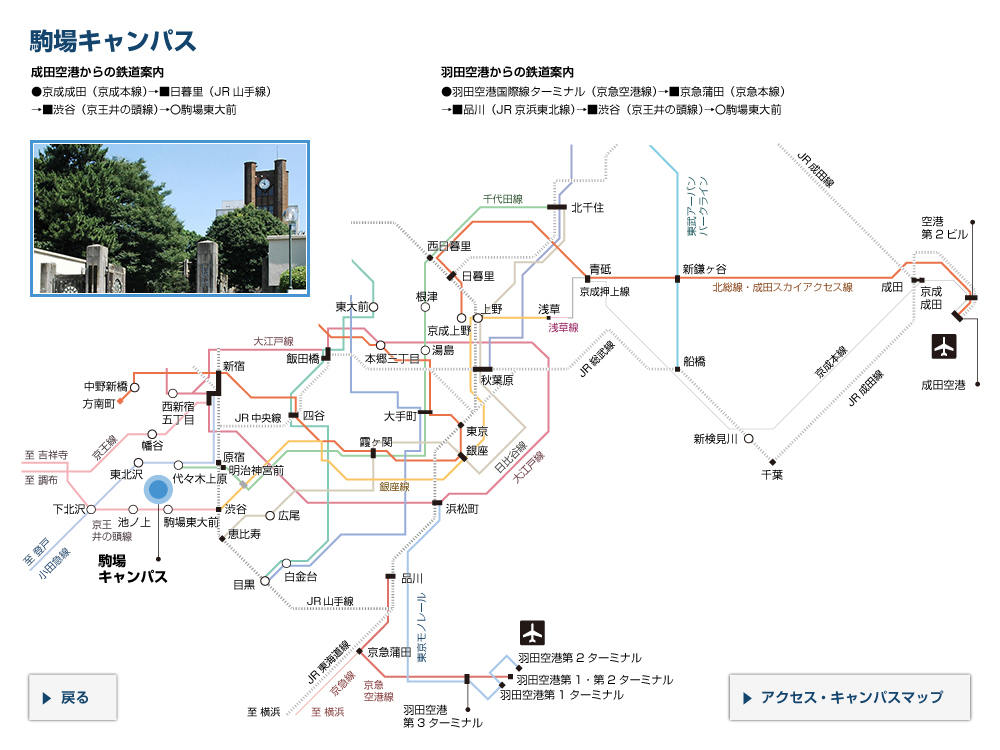平成31年度東京大学大学院入学式 祝辞
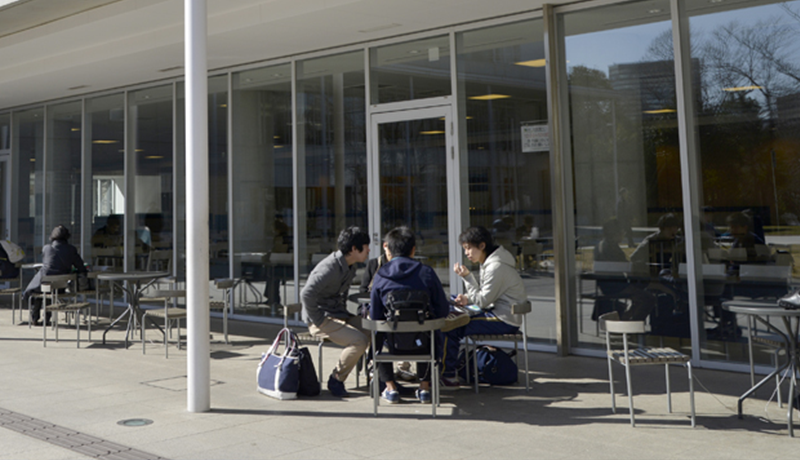

平成31年度東京大学大学院入学式 祝辞
President Gonokami, Distinguished Faculty, incoming graduate students, proud parents and friends,
Congratulations on starting your journey toward higher academic success!
Like so many of you fresh out of college, I first arrived at UTokyo in the fall of 1988 after graduating from Harvard. It was just the final days of “Japanese Glory” (Showa) heading into the Heisei era 30 years ago. No one imagined then that a period of “Peace Everywhere” would see the economic bubble burst, prolonged economic downturn, a tragic series of natural disasters in Kobe, Tohoku and Hiroshima, and the rise of terrorism worldwide. At the same time, major research centers like the RIKEN Brain Science Institute and Okinawa Institute of Science & Technology (OIST) were created and Japanese scientists have been awarded the second highest number of Nobel Prizes so far in the 21st century.
We are again at the edge of another transition, now to Reiwa. What new challenges and excitement await us in the era of “Beautiful Harmony”? This is your time. How will you shape it and make your impact? What new discoveries, records, inventions, books or artwork will you produce? When I came to UTokyo as a 22-year old postgraduate, I arrived into the Faculty of Medicine full of cautious optimism, as you do now. My goal was simple: to learn from my scientific hero, the late Professor Masao Ito, who sadly passed away just a few months ago at the age of 90.
Professor Ito was one of the giants of modern neuroscience. Physically tall, his intellect was even larger. He was among the rare pioneers who could think flexibly across multiple levels of analysis – from synapses to cells, brain to behavior, and molecules to computational models. As I read his book, “The Cerebellum as a Neuronal Machine” in the darkened library stacks at Harvard Medical School, I became enchanted with this totally new perspective of revealing the roots of the human mind – not through the conventional approach of philosophy and psychology – but rather through the precise application of natural science and computation. It was simply far ahead of its time, decades before the current boom in artificial neural networks.
But, there is just no substitute to meeting your mentor in person. It is said that a mentor is someone whose hindsight becomes your foresight. This is what the graduate training experience is all about. I encourage you to carefully find that person, your academic soulmate who can inspire you to greatness. I fondly recall and deeply cherish every moment I had to speak with Professor Ito, because his wisdom about life more broadly was so precious. I would like to share five of the highlights with you today.
First, never forget your original motivations. The feeling you have right now, sitting there about to begin your serious academic life is the most important. What are the questions that excite you, the mysteries that puzzle you, the dogma that angers you – think big. These are the ultimate goals that will continue to drive your hard work over long hours to shape your career. Closely related to this motivation is his second piece of advice: choose something that only you can do. Be unique in the world.
For Professor Ito, this was to understand the function of the cerebellum (Sho-nou in Japanese). For me, it was how early experience shapes brain development (Hattatu- rinkaiki). I was born in Tokyo to a German father and Japanese mother, but moved to New York at the age of three. Growing up speaking three languages was quite natural for me. Noticing the struggles of my classmates when learning French in school, made me wonder how my brain was different thanks to my family environment. It has been my passion ever since to understand how early life experience “gets under the skin” or imprinted in the brain, especially because they are not always positive such as poverty, abuse or neglect, or risk for mental illness such as autism or schizophrenia. A childhood fascination has become a life goal.
Third, Professor Ito appreciated there is also a “critical period” for a successful career in science. He said it is important to exert your full effort in your 30s. During this time, your training is completed and your unique ideas can bear fruit. If you can catch this moment properly, Ito said, it should be possible to pursue “five great ideas” – one every seven years until retirement. This is exactly what he did, discovering the inhibitory nature of cerebellar Purkinje cells, their unique synaptic plasticity (called long-term depression), a computational theory for motor learning based upon it, the molecular mechanisms underlying it, and ultimately a broader role for the cerebellum in cognition. Truly amazing, and quite a challenge for those of us already halfway through their career!
Of course, the research road is never smooth, not even for him. So, his fourth piece of advice was especially important: don’t fear conflict or avoid competition. Prepare for battle and embrace it, because it moves your thinking and the field forward. This also requires some common sense, which graduate students easily forget. Balance work with physical fitness and good nutrition. I recall many lifelong friendships made swimming on the Tetsumon Swim Club. Perhaps because he was born in Nagoya, Prof. Ito always preferred an Unagi meal for stamina. And sleep! The brain doesn’t work without sleep. Protect your most valuable asset, the brain that got you here to UTokyo as an exceptional student and thinker!
Finally, learn to think globally and act locally. “Don’t be excessively conscious about being Japanese,” Professor Ito would say. You are now a global citizen in the pursuit of knowledge, truth and beauty. Maintaining a barrier-free interdisciplinary and international atmosphere is the vital mission of the University of Tokyo. As Dean of the Medical School, locally, Professor Ito played his part on the global stage by launching the Japanese Neuroscience Society, the Human Frontier Science Program, the OECD Brain Science & Education initiative and serving as President of International Brain Research Organization (IBRO) and Federation of Asian-Oceaninan Neuroscience Societies (FAONS). After retirement from UTokyo, he created the internationally respected RIKEN Brain Science Institute. Few people can have such a broad impact beyond their own science.
But, you can all start today. Look around and welcome the diversity in your department. Make it your goal to meet a new foreign student every week. Practice your English and speak your opinions in friendly debate. Learn to appreciate other perspectives. Escape your “comfort zones” and try new things. At UTokyo, we are lucky to have two World Premier International (WPI) research centers tackling two of the biggest origin mysteries in science: the universe (Kavli-IPMU in Kashiwa) and human intelligence (IRCN in Hongo). Both are running entirely in English with a high turnover of foreign visitors, events and courses for you to enjoy. We can help you learn to communicate globally!
As a brain scientist, I must end with my thoughts on this topic. Neuroscience will have a deep social, cultural and educational impact, because it will eventually reveal what makes us human. Our intelligence reflects a larger more flexible brain that can associate ideas with creativity, imagination, innovation and art. We also learn by making mistakes, many of them, which help us to grow. Someday soon this will allow us to produce useful artificial intelligences which can extend the reach of human evolution deep into outer space or into the inner worlds of our bodies to cure disease.
Yet, one feature of our brain that stands out among all other species is the ability to delay reward. The release of a small neurotransmitter called dopamine will make animals wait a few minutes in expectation of some food or juice. But, humans have evolved mechanisms that allow us to plant seeds, work the fields and wait months if not years for the final harvest. Higher education is the ultimate delayed gratification ritual. You have chosen to forego high paying jobs in the “real world” to sharpen your mind and dive deep into problems that may or may not be solved in our lifetimes. The romance of academic freedom and promise of big breakthrough discoveries drives you like no other. Don’t lose that original motivation. Take care of your health. Find the right mentor who will earn your loyalty, then go forth and spread beauty and light!
Takao K Hensch
Director, IRCN (UTIAS)
Professor, Harvard University
4/12/2019
関連リンク
- カテゴリナビ



